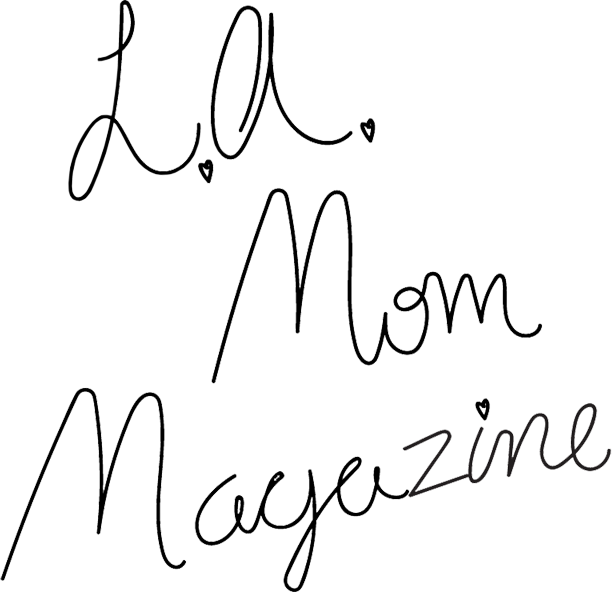 By Dr. Trina Moore-Southall
By Dr. Trina Moore-Southall
Have you ever used a product for your child that seemed incredibly challenging or frustrating to use? It is possible that the team used to create the product had no one who actually had children on the team. How about a product for women that is designed by men? A product to help seniors created by millennials that consulted no seniors in the design? It happens.
The most successful and productive teams employ the widest ranges of experiences, identities, and backgrounds. This multicultural skillset begins at a very young age. It is a valuable skill that strengthens throughout our lives. Your child will be a better friend, a better student, a better employee and ultimately a better person if they are culturally intelligent.
How do you cultivate cultural competency? One critical step is exposure. Who is in your circle that allows for your child to experience life differently? If your child sees that people speak, live, believe, dress, and behave differently, it will counteract a belief that their way of being is the only way. It will help tear down walls of discrimination if they enter into a relationship with someone who is not part of a homogenous group. They will judge people less. They will be less biased.
If exposing your child to different cultures is not realistic in your demographic, use your resources. Find a podcast, television show, magazine or other news media to discuss. Be strategic in group settings where you may unconsciously gravitate to the same people, those that are familiar.
Is this uncomfortable? Being uncomfortable is where you need to be in order to grow, stretch, and learn. It is in that state of discomfort that your lens in which you see the world expands to see it more clearly. These different experiences will contribute to people thinking differently. The ability to engage difference, cultural competency-is a set of skills. The more we do in this area, the more we do to develop this skillset. Don’t lose the opportunity to cultivate a necessary skill.
Dr. Trina Moore-Southall has been an educator and administrator in independent schools for over 20 years. She graduated with a BA from UCSB, MA from CalState Northridge, and Ed.D. from Cal Lutheran University where her research focused on a sense of belonging for African Americans in independent schools. In her current position as Director of Equity and Inclusion at Brentwood School, Dr. Southall is focused on creating an environment where all participants and constituents can be their best selves, irrespective of background, experience and lifestyle. She has a passion and love for students, ensuring that the school is strategic about inclusivity with every constituent, in all conversations. As a Diversity Practitioner, Dr. Southall works with various schools and organizations in the areas of professional development, keynote speaker and workshop facilitator for events as well as accreditation.
